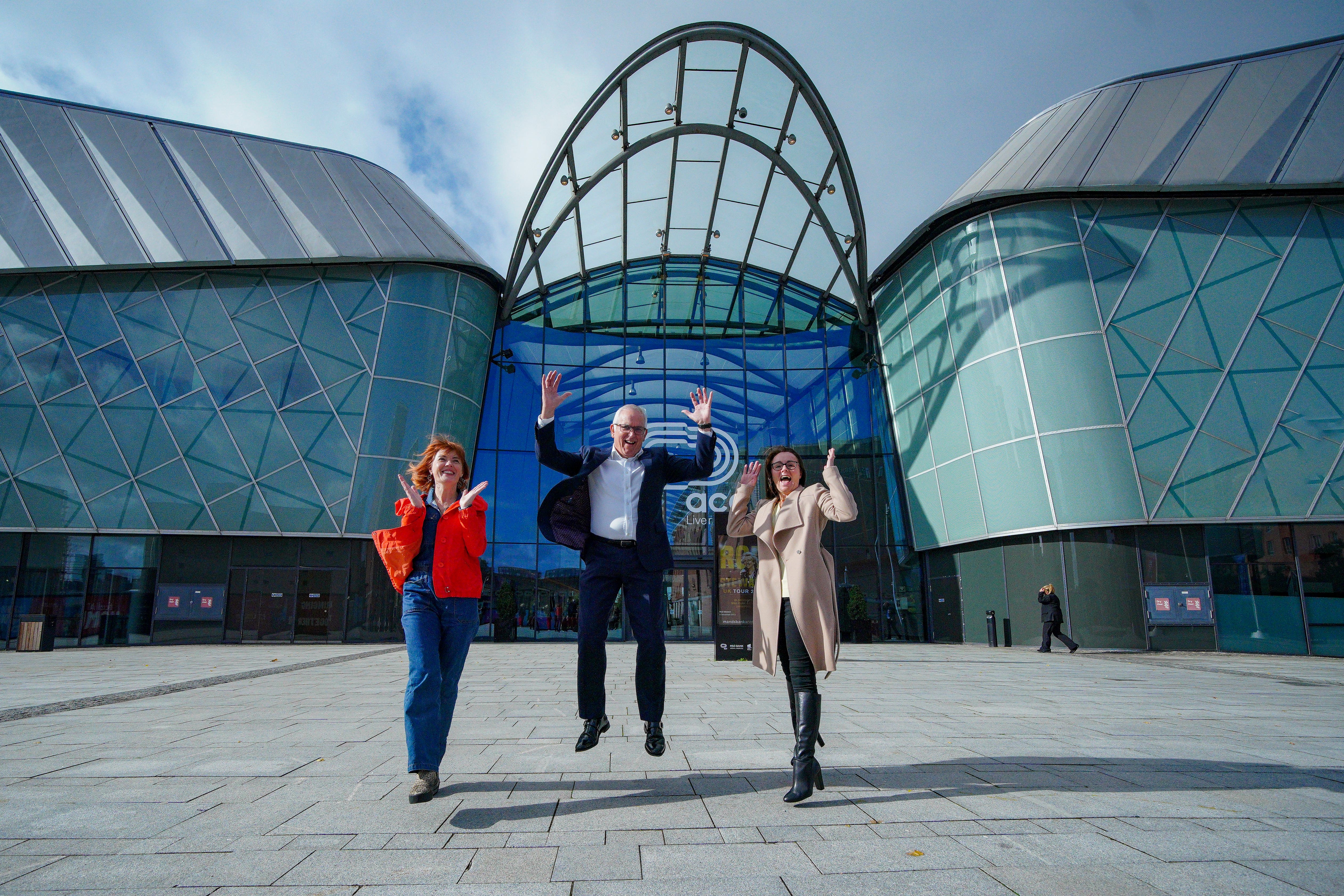Eurovision chief: Russian exclusion from song contest ‘was and still is’ hard
The country will not compete in Liverpool after being banned in 2022.

The Eurovision Song Contest’s executive supervisor has said Russia’s exclusion “was and still is” difficult but the event should stand for “the basic and ultimate values of democracy”.
Russia was banned from competing this year after its invasion of Ukraine.
Its national broadcasters subsequently suspended their memberships of the European Broadcasting Union (EBU), which organises the show, preventing them from taking part in future contests.
This will be a Eurovision Song Contest that really shows the values that we talk about - solidarity, reaching out, uniting through music
Speaking to Abba’s Bjorn Ulvaeus on BBC Radio 4’s Today programme, where the chart-topping Swede was serving as guest editor, Martin Osterdahl was asked if the decision to exclude Russia had been a “hard” one.
He said: “It was, and it still is. How Europe feels very much affects the contest.
“It is also that when you look back in time you see that the Eurovision Song Contest is like a log book of what has happened in Europe, what the trends have been in Europe.
“But, also, what is the kind of mood and sentiment of Europe, and what is the social context of Europe at the time.
“When we say that we are not political, what we always should stand up for are the basic and ultimate values of democracy. Everyone is right to be who they are.
“This will be a Eurovision Song Contest that really shows the values that we talk about – solidarity, reaching out, uniting through music.”
In its application, Liverpool had to demonstrate how it would reflect Ukrainian culture, music and communities if it were to host on behalf of the nation.
Ulvaeus said he may attend the contest as he wants to see the Cavern Club where his “idols” the Beatles played.
He said: “My idols (over) all the idols, the Beatles, come from there, which is why I am thinking maybe I should go to see the finals. And I have never been to Liverpool.
“To see the Cavern where the Beatles appeared. They were the reason why Benny Andersson and I started writing music.
“Before the Beatles, songwriters were kind of anonymous. But suddenly there were these guys who were not only the artist but they wrote their own songs.”
Mr Osterdahl replied: “I will try my very best. You are always welcome.”
The contest will be held in May at the ACC Liverpool after the UK was named runner-up at the 2022 event with Sam Ryder.
The EBU concluded Ukraine could not host the event due to the Russian invasion, despite its entrant, Kalush Orchestra, coming first.
Bookmark popover
Removed from bookmarks